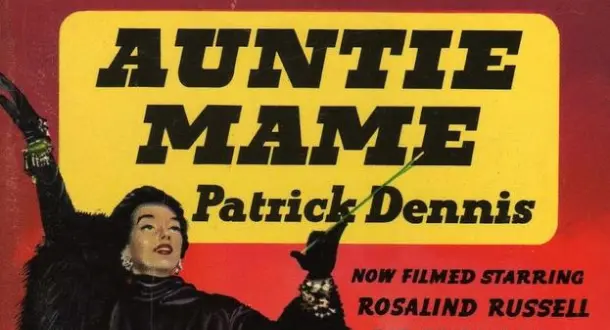Menu
Columns
Showing 3546 Columns
Showing 3546 Columns
May 29th, 2020

Photo courtesy of the author In 2013, when I attended a prestigious writing conference, my workshop instructor’s reaction to my pages was a resounding “meh.” Not one to mince words, he told me the chapter I’d submitted wasn’t going anywhere—indeed, was going around in circles—and that the journey I’d imagined for my protagonist wasn’t an interesting journey at all. I had about a hundred pages of this novel back at home, and I came away from the conference convinced I should burn the whole manuscript.
Read Column →May 28th, 2020

Earlier this month, the National Theatre in London made its 2011 production of Frankenstein, adapted for the stage by Nick Dear and directed by Danny Boyle, available to stream for free via their YouTube page. There were two separate recordings of this play, one featuring Jonny Lee Miller as Victor Frankenstein and Benedict Cumberbatch as the Creature, and the other featuring the actors in swapped roles (Miller and Cumberbatch alternated the parts throughout the production’s run).
Read Column →May 27th, 2020

Header and author photo via Wikipedia Dashiell Hammett, the hard-drinking ex-detective credited with helping found and popularize the crime genre known as “hardboiled,” would likely be celebrating his 126th birthday this May 27 with a shot if he was still around.
Read Column →May 26th, 2020

Another drumroll, please — the Nebula Awards are almost upon us! Alongside the Hugo Awards, the Nebulas are one of the biggest deals in the SFF world: they’re basically equivalent to the genre’s Academy Awards, as members of the SFWA themselves vote for the winners.
Read Column →May 25th, 2020

Alphabet photo by Magda Ehlers AUTHOR’S NOTE — If there’s one symptom of the coronavirus that’s spread faster than the virus itself, it’s writer’s block through the writer’s community. You don’t even have to catch the bug itself, cuz it’s already done a number on our heads.
Read Column →May 22nd, 2020

Original images by Michael Morse & Polina Zimmerman You want to write? Are you moving to New York? L.A.? Headed to an MFA program somewhere? You’re staying in the town where you grew up? Can that work? Writing and Publishing Right off the bat, yes, you can stay in your hometown and write. Publishing, that’s another story.
Read Column →May 21st, 2020

I'm going to give you three scenarios. In the first I'm laying in bed in the dead dark of 3 A.M when suddenly the three sleeping dogs around me begin to bark. I see the silhouette of a man at the window slip away, and I'm unable to sleep for the rest of the night.
Read Column →May 20th, 2020

I want you to take a few moments to look back over your life and consider the things that you are obsessed with, or WERE obsessed with. Those interests, addictions, hobbies, jobs, and skills can really help to create stories that have a strong sense of authority, riddled with details that somebody outside of those habits just can’t get to. Let’s go deeper.
Read Column →May 19th, 2020

Original image by mentatdgt You started this MFA with certain preconceived notions and now here you are, transformed into someone who knows what's what. We are proud of you and it fills our hearts with joy that you completed/survived your first two semesters. However, we're only halfway there. Welcome to the third semester. This is where we get serious. Here are the classes you'll be taking in the coming six months.
Read Column →May 18th, 2020

“Life is a banquet and most poor bastards are starving to death!” —Patrick Dennis, Auntie Mame: An Irreverent Escapade The strongest, most eccentric female lead ever created was written by a man who struggled with his sexuality and died a servant to the wealthy after becoming the first author in U.S. history to have 3 consecutive books on the New York Times Best Seller list. Why hasn’t Hollywood optioned this story yet?
Read Column →Submitting your manuscript?
Professional editors help your manuscript stand out for the right reasons.
